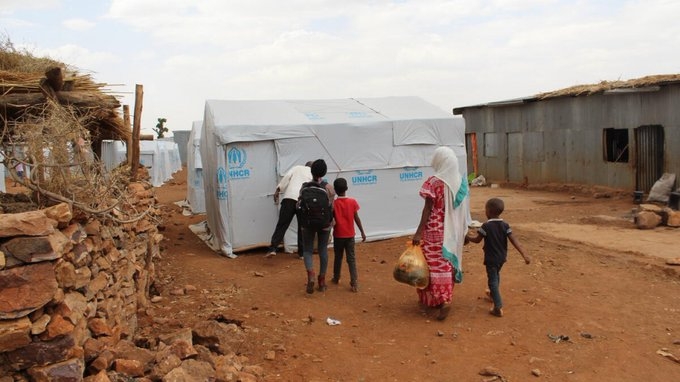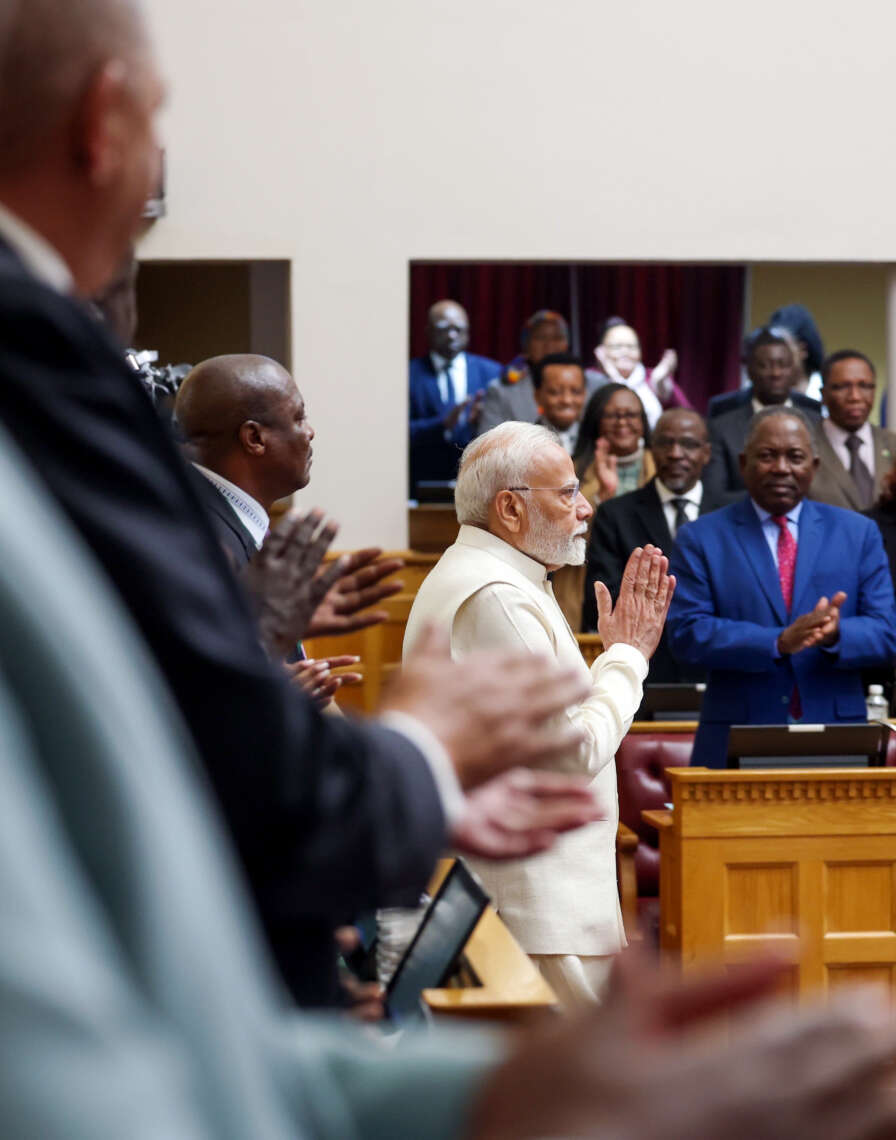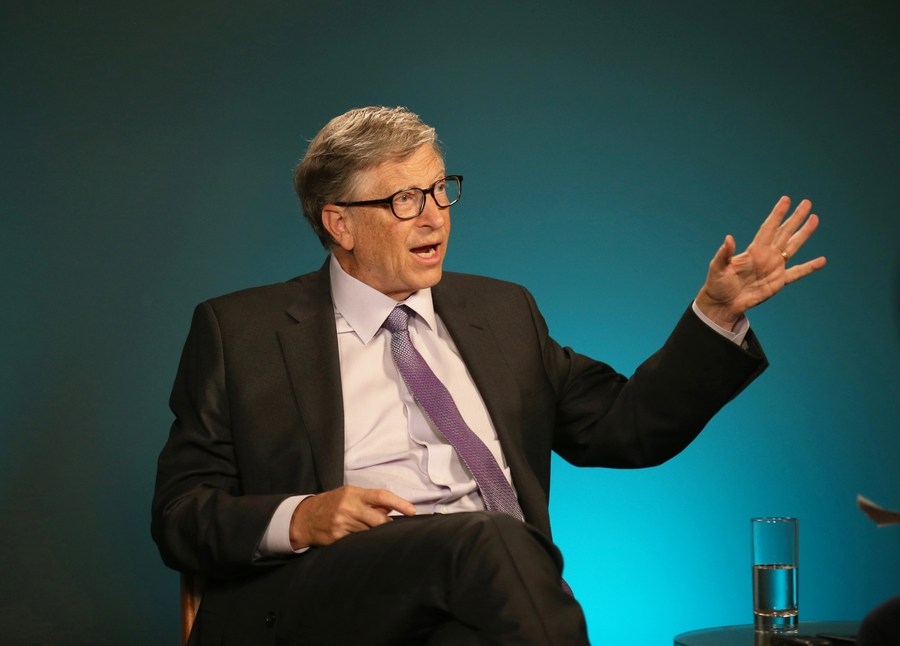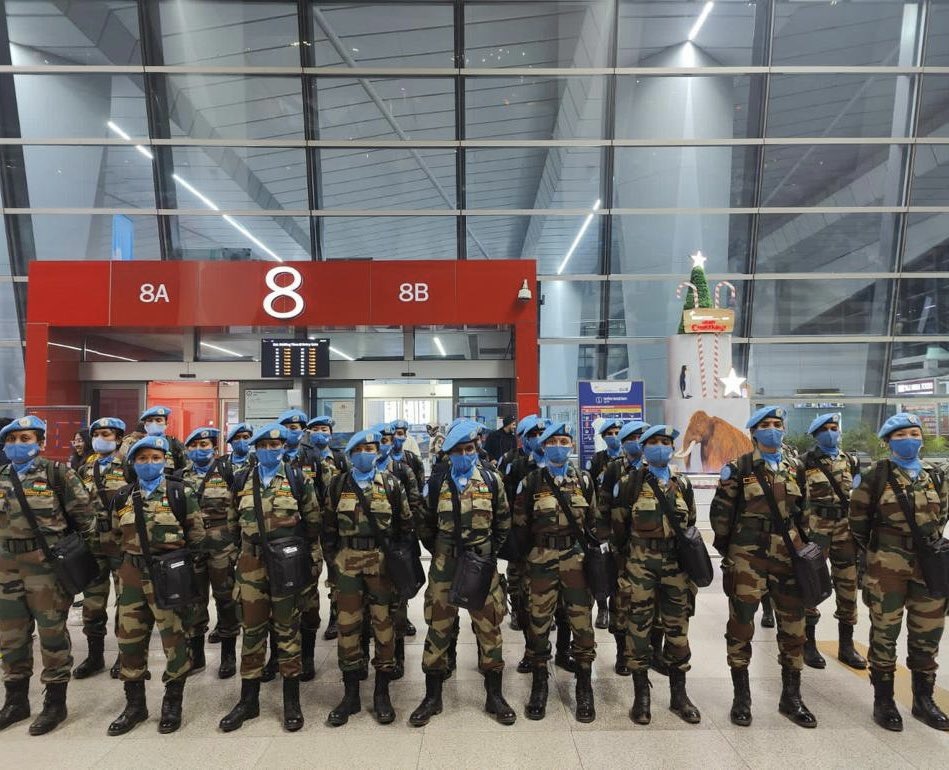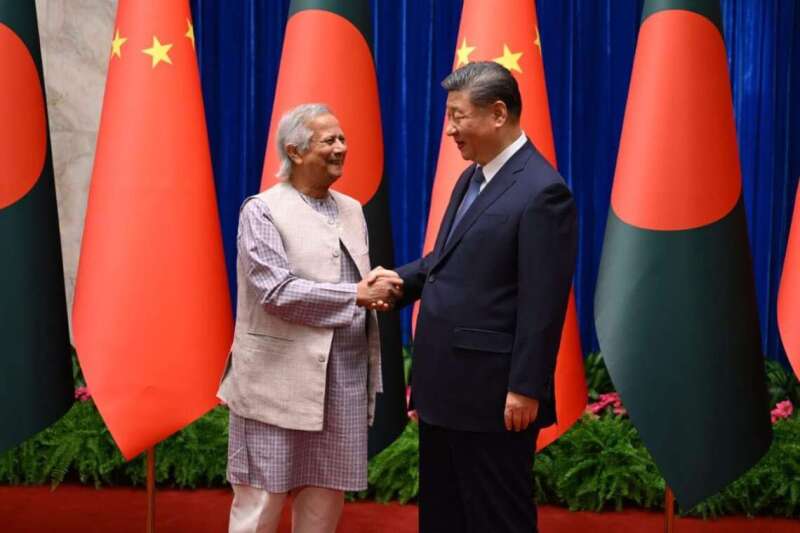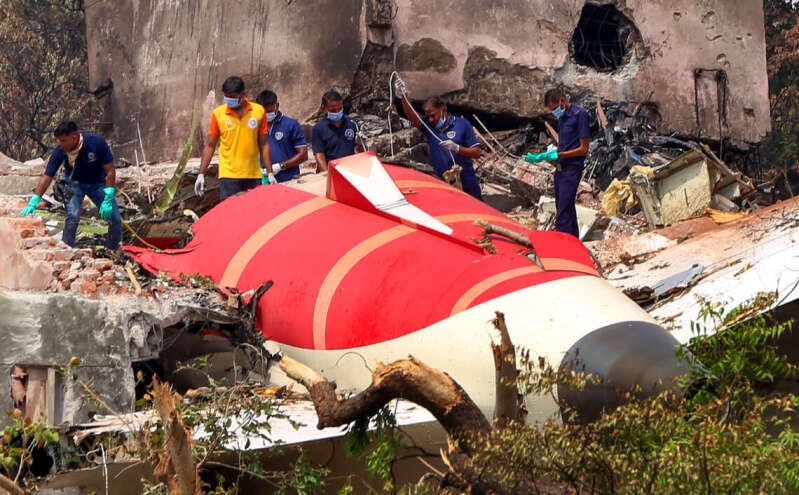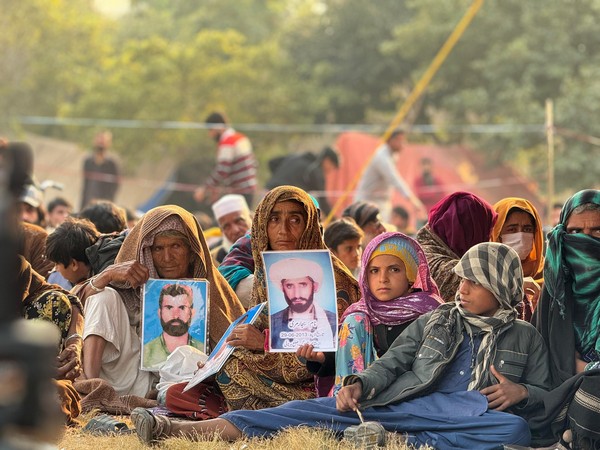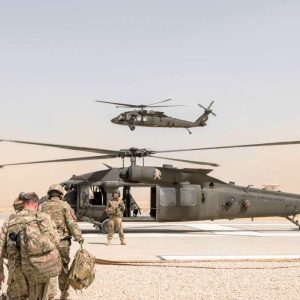The UN body also said although humanitarian actors are now moving supplies into the Tigray region, they are not enough to meet growing needs…reports Asian Lite News
The UN’s Food and Agriculture Organization (FAO) said humanitarian access and the delivery of urgently needed assistance to conflict-affected parts of northern Ethiopia remain a key priority to ensure people’s recovery from conflict.
The FAO, in its latest humanitarian response overview for Ethiopia, said humanitarian assistance has slowly started to reach people affected by the conflict, following the recently signed peace agreement between the government in Addis Ababa and the Tigray People’s Liberation Front (TPLF).
“However, humanitarian access and the delivery of urgently needed assistance, especially in Tigray, remain key priorities to ensure people are able to recover from conflict,” it said.
According to the FAO, across the three conflict-affected regions in northern Ethiopia that are Afar, Amhara and Tigray, the conflict has further contributed to mass displacement, loss of livelihoods, and limited access to markets, food and basic services.
“It has likewise hindered many communities from engaging in agricultural activities, as well as accessing farm inputs (seeds, fertilizer and tools) and vital services (healthcare, education, banking and water),” it said.
The UN body also said although humanitarian actors are now moving supplies into the Tigray region, they are not enough to meet growing needs.
“This distinct lack of resources and limited access to humanitarian support has diminished people’s coping capacities, increasing their vulnerability to additional shocks and stressors,” the FAO said.
According to the FAO, in the just-started 2023, it will prioritise the restoration of people’s agricultural livelihoods, particularly in conflict and drought-affected parts of Ethiopia, so as to ensure people have the resources they need to strengthen their resilience.
Ethiopia, Africa’s second most populous nation, has seen a devastating conflict between government-allied troops and forces loyal to the TPLF since November 2020, which left thousands dead and millions more in urgent need of humanitarian assistance.
In November 2022, the two parties in the Ethiopian conflict formally agreed to the cessation of hostilities and orderly disarmament.
The deal also includes restoring law and order, restoring services and unhindered access to humanitarian supplies.


